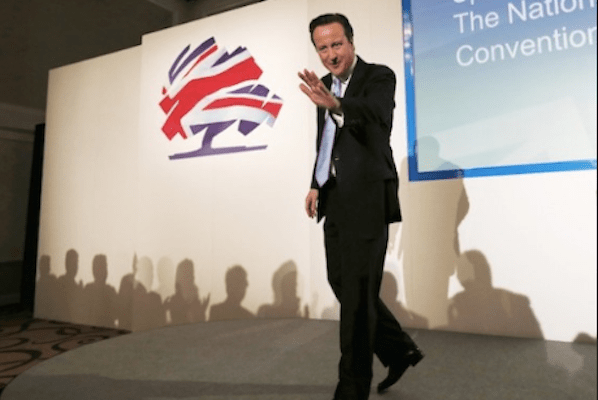This year we have had two Tory spring conferences: the first organised by the blog ConservativeHome and today’s organised by the Tories.
Last week, hundreds of activists gave up their Saturday to gather in Westminster and talk about how they’d win the next election. The discussion was vibrant, with serious debate about everything from regional economic development to tackling the perception of the Tories as a posh party. And there was much candour. Jesse Norman even said that the electorate tends to make the right decisions and that it was “not clear” to him that the Tories deserved to win the last election.
So yes, uncomfortable truths were spoken. (Especially by Lord Ashcroft.) But the ConHome conference oozed that much-sought-after political ingredient: authenticity. It was attended by a refreshing assortment of grassroots party members, local councillors, think tankers and press. There was a decent mishmash of ages, backgrounds and a good mix of men and women. Speakers discussed the a need for modernisation of the Conservative Party and the relevance of labels such as “left” and “right.” At the heart of all the ConHome discussions lay a simple and powerful question: how can politics can make a real difference to people’s lives?
The vibe from today’s official Spring conference couldn’t have been more different. It was a day of set-piece speeches and topics. While the ConHome event dominated the headlines and Twitter, today’s conference barely scraped in on the BBC news App. The official Tory conference seemed staid and lifeless by comparison.
The same trend can be seen in the autumn Tory conference. Inside the secure zone, where the public are on the other side of a perimeter fence, it’s all carefully-vetted platform speeches from ministers in front of an audience where lobbyists seem to outnumber activists. The real debate at Tory conference has migrated outside the secure zone, into the bars and budget hotels. A lot of people now just come for the fringe. It feel as times as if the intellectual leadership of the Tory party has passed to its back benches.
This is a worrying trend, especially at a time of falling party membership and devastating cynicism about politicians and the establishment. There has been a lot of talk recently about ideological splits and a rehashing of the old “Tory wars” in the Conservative Party, but these tend not to get out of hand if discussions can take place in a normal forum. Lively policy debates and internal disagreements are a part of any healthy political party.
There is a danger, to any party, if debate splits into two separate conversations: one between party insiders and one amongst those on the outside. The success of the ConHome conference last weekend took everyone by surprise – made a striking contrast with the professionalised, stage-managed politics on display today.
Ruth Porter is communications director of the Institute of Economic Affairs






Comments